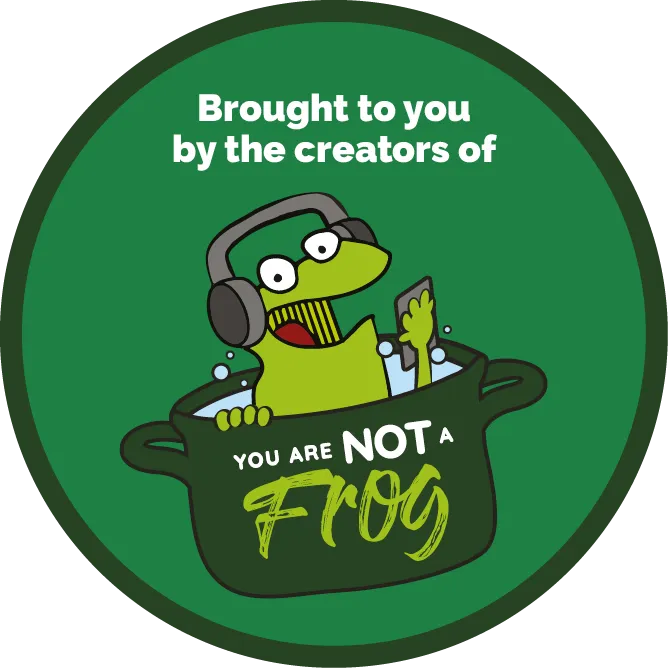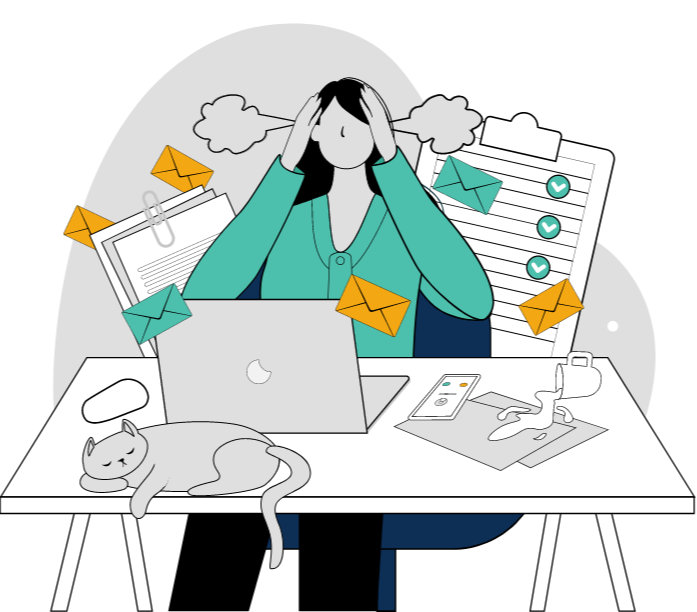FREE Burnout Self-Assessment Toolkit for Health Professionals in High-Pressure Roles
Feeling stretched thin but not sure how close you are to burning out? This toolkit will help you find out.
Inside, you'll get:
✅ A quick, no-nonsense tool to pinpoint where you are on the burnout spectrum — and how serious it might be.
✅ A handpicked list of validated burnout assessments — so you can put real numbers to what you’re feeling.
✅ Powerful journal prompts to uncover if you’re downplaying overwhelm or missing the warning signs of burnout.
✅ A clear action plan and trusted resources — so you know exactly what to do next to stop the slide into burnout.
[FREE PDF TOOLKIT FOR DOCTORS AND HEALTHCARE PROFESSIONALS]
Am I Stressed, Overwhelmed... or Burning Out?
Get honest with yourself — discover what’s really going on, and what to do next.
ENTER YOUR EMAIL BELOW TO DOWNLOAD YOUR FREE BURNOUT SELF-ASSESSMENT TOOLKIT.
📧 To make sure you get the link, please use a personal email if you can. NHS filters can be over-protective! Need help? Email us at admin@shapestoolkit.com

Do you think differently - or want to better support those who do?
If you're autistic, ADHD, dyslexic, or otherwise neurodivergent, you might not see yourself reflected in standard definitions of burnout - or find that common advice for tackling it works for you.
And if you work alongside neurodivergent colleagues, friends, or loved ones, understanding how burnout can show up differently is key to offering meaningful support.
Whether you’re formally diagnosed, self-identified, exploring your neurodivergence, or committed to being a better ally — this guide is for you.
What's Inside:
✅ Why burnout looks different in neurodivergent healthcare professionals
✅ The invisible "neurodivergent tax" you pay every day at work
✅ How to spot burnout when you don't fit the typical signs
✅ Strategies for thriving in healthcare systems that weren't built for your brain
✅ Supporting neurodivergent colleagues without adding to their burden
✅ Self-advocacy tools for getting the support you actually need
You may be formally or self-diagnosed, or simply suspect you might be neurodivergent. Or perhaps you want to know how you can better support those around you. Download the guide, and look out for an email with the link to this crucial companion.
DOWNLOAD THE TOOLKIT"Maybe it’s just a bad week... or maybe it’s something more?"
IF THINGS CARRY ON THE WAY THEY ARE - WHERE WILL YOU BE IN 12 MONTH'S TIME?
It's the question doctors and health professionals avoid asking themselves - because the answer isn't something you want to consider.
But if you've reached a point where for the first time you're wondering if it's time to rethink the career you love - then it's time to face reality; and take the first step in figuring out exactly what needs to change.
You are not alone.
And you are not broken. You can breathe a sigh of relief knowing that it's not your fault and...
You have more options than you think...
There is a way to recognise exactly where you are on the burnout spectrum—and identify specific actions to take before it's too late.
Facing reality is the first step AWAY from overwhelm and burnout
Download your free practical self-assessment tool specifically designed for healthcare professionals in high-pressure roles who are struggling to see a way forward.
... But don't wait until it's too late
As an experienced healthcare professional, you're the one others rely on. You've pushed through challenges before.
But this is different—and deep down, you know it.
The path from stressed to completely burned out happens faster than most people realise. Take this first step now to understand where you really stand and what options you actually have.

I stumbled across your burnout self-assessment at exactly the right time. I’d been off work with a respiratory infection, which I knew was linked to work-related stress — but your tool and video helped me realise it was burnout.
Thank you for giving us ‘permission’ to acknowledge that enough is enough.
I love my job, but things have to change so we can look after our own physical and mental health.”
- Nurse Specialist
This toolkit is your chance to pause, reflect, and take action BEFORE you reach breaking point.
Designed specifically for doctors and healthcare professionals, it helps you:
✅ Understand the difference between everyday stress in a high-pressure environment and the warning signs you might be heading for career-ending burnout
✅ Spot early signals to take action using our stress-performance curve
✅ Quick, effective self-reflection prompts to understand where you're at (without needing hours or silence)
✅ Access burnout assessments and support options, as well as resources and strategies for people who are neurodivergent.

MEET THE EXPERT BEHIND THE TOOLKIT
Dr. Rachel Morris is a former GP, executive coach, and host of the popular You Are Not a Frog podcast.
She’s worked with thousands of healthcare professionals and created the Shapes Toolkit, a neuroscience-based framework created specifically to help doctors cope with stress, lead and manage more effectively, handle challenging conversations and thrive under pressure.
She’s been where you are — and she’s curated tools that work in the real world of medicine.
Rachel developed The Shapes Toolkit in response to the many conversations she's had with doctors and healthcare professionals who worry they're heading towards burnout - but don't know what they can do to turn things around. She knows there are more choices than quit, or end up signed off with stress. And with ADHD, she knows the importance of finding strategies that work with - not against - your unique brain.
❤️🩹 A Gentle Disclaimer ❤️🩹
The content we share is for information and inspiration only—it’s not a substitute for professional advice. As doctors, not psychologists, our toolkit acts as a curated source of insights from experience and expert conversations on the You Are Not a Frog podcast.
If you're struggling, please reach out to a qualified professional. Trust your judgment—and if you need extra support, you’ll find links to further resources from other organisations specific to healthcare in the toolkit.

The neurodivergent-specific resource, 'Behind the Mask', is a game-changer for me, and I'm incredibly grateful for it.
- GP
